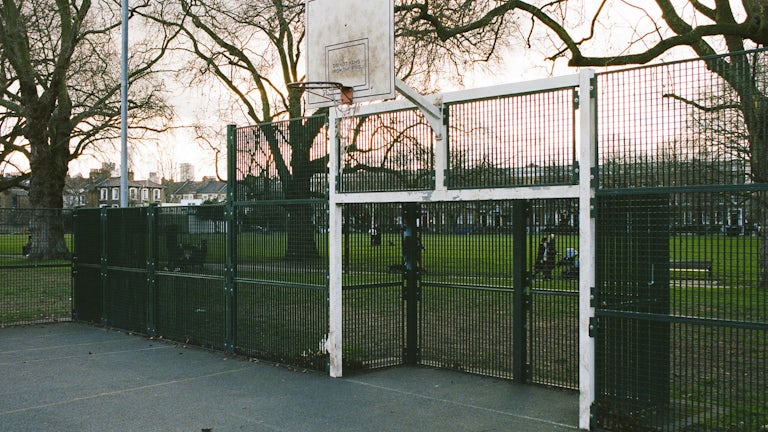Shopping Bag (0)
Your shopping bag is empty

While some ads that feature female models have been blasted for encouraging unhealthy body ideals, somehow those for young men have passed largely under the radar...
It has been a year since Instagram joined forces with suicide prevention charity Campaign Against Living Miserably for the CALM Body Talks, launched as a response to joint research into how men between the ages of 26 and 40 felt about their bodies. More than half (58%) of those surveyed felt negative about how they looked – with 48% revealing mental health issues linked to their feelings towards their bodies.
And, as we mark Mental Health Awareness Week in the UK, our findings from our Young Men on Masculinity research revealed that a worryingly younger group of men, those aged between 16 and 24, are also struggling with body positivity and acceptance – 86% of cis men and 95% of trans men think that men face body-shaming and pressure to look a certain way, with 34% of cis and trans men believing this to be at a level equal to or more than women.
We surveyed more than 2,000 16- to 24-year-old men across the UK on all aspects of masculinity at the start of the year and while 61% believed that brands have a responsibility in shaping modern masculinity, nearly half of all the young men we questioned (46%) said they didn't feel seen in advertising.
Indeed, while the conversation around female body positivity has accelerated and been celebrated with notable campaigns including Sport England’s "This girl can", Monki’s "Honest swimwear campaign" and Dove’s "Campaign for real beauty", that same conversation has not been widely embraced by brands when it comes to male body positivity.
In spite of the ASA’s ban on gender stereotyping, which has put a spotlight on a brand’s portrayal of women, there simply isn’t the same level of scrutiny applied when it comes to the portrayal of young men – particularly in regards to body-shaming.
While some ads that feature female models have been blasted for encouraging unhealthy body ideals by portraying unattainable physiques, somehow ads for young men have passed largely under the radar.
Discussing the mental health impact of negative body image at a recent Parliament committee meeting, The Vamps lead guitarist James Brittain-McVey spoke of being just 14 when his body image concerns commenced, triggered by social media ads from "big American surf style companies", featuring ripped models.
It’s a sentiment shared by our survey respondents, as one summarised: “So much of what's advertised is just shiny, strong men in big, oiled bodies with big beards. The reality is that men come across in all different sorts of shapes and sizes and identities.”
Yasmin Arrigo is global brand and editorial director at Amplify.